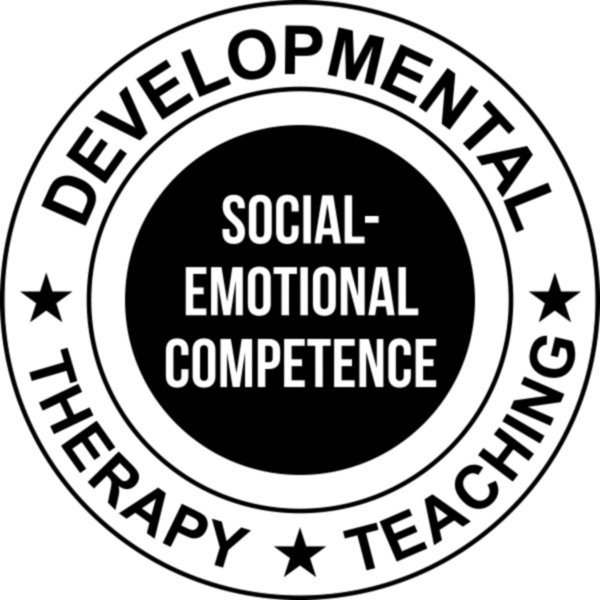Questions
What is Circle Time Learning?
50 new and highly motivating lesson plans for daily early childhood group instruction.
Who are the lessons for?
Children with and without special needs in preK through kindergarten or in childcare programs.
What is the objective?
Teach young children essential social, emotional, and behavioral competencies while enhancing self-esteem and building confidence so that they can be successful.
What is the content?
Motivating themes and activities target key competencies in Behavior, Communication, Socialization, and Cognition needed by all young children.
How are needed competencies identified?
Specific developmental competencies needed by a child can be identified by using the Developmental Teaching Objectives and Rating Forms - Revised (DTORF-R) assessment system.
(www.dtorf.com or www.uga.edu/dttp)
How is the content organized?
Ten weekly unit themes each with five daily lesson plans expanding concepts and skills sequentially.
How is the lesson used?
Every day during group Circle Time.
What is the daily focus?
Monday — Lesson introduces the unit theme and content
Tuesday — Repeat of Monday's lesson with expanded content
Wednesday — Broaden theme with new additions
Thursday — Repeat Wednesday lesson with added applications
Friday — Summary integrates the weekly concepts and skills
How long is a lesson?
20 - 40 minutes from beginning to end, including clean-up and preparation for transition.
What is the format?
Lesson title
Brief description
Specific DTORF-R developmental learning objectives
List of materials to be used
Motivating introduction
Step-by-step directions for teachers with statements to use with children
Closing review of what was done
Clean-up directions and ending
Should the units be presented in a specific order?
The units can be used in any order, depending on the preference of the teacher and the interests of the children. However, the unit sequence as numbered is suitable for most classes.
Who developed these lessons?
Two highly experienced early childhood teachers pooled their skills to design these lessons. As consultants to the Developmental Therapy-Teaching Programs at the University of Georgia and the Developmental Therapy Institute for research and training, their lesson plans reflect best practices to guide the learning and development of young children.
What results can be anticipated from these lessons?
Children who participate daily over a 10-week period will make progress toward acquiring the targeted developmental objectives leading to greater self-esteem and improved behavior:
DOING: Participating in routines and activities with success.
SAYING: Using words to affect others in positive ways.
RELATING: Participating in activities with others.
THINKING: Learning with motor skills, language, and school readiness.

